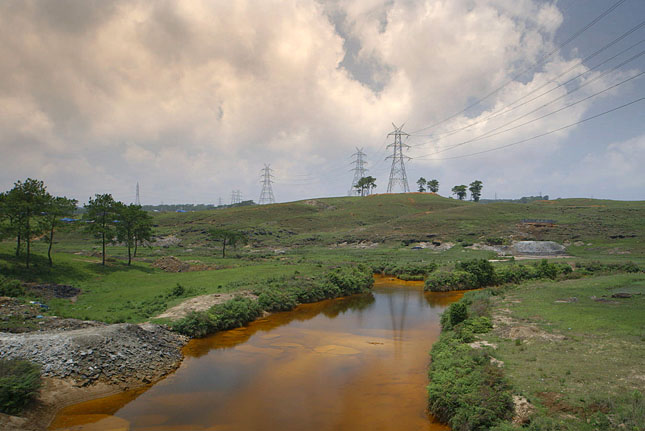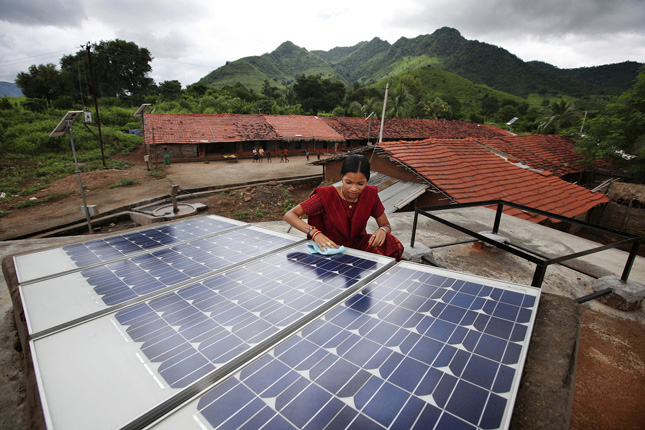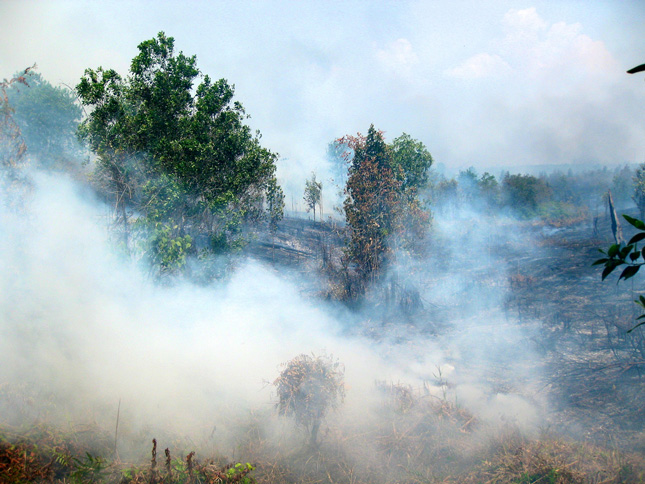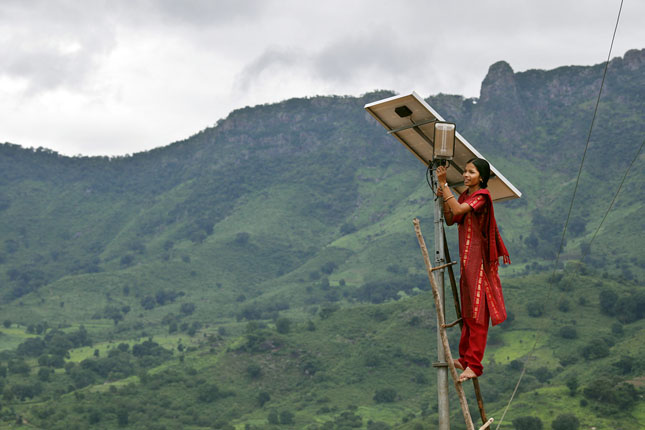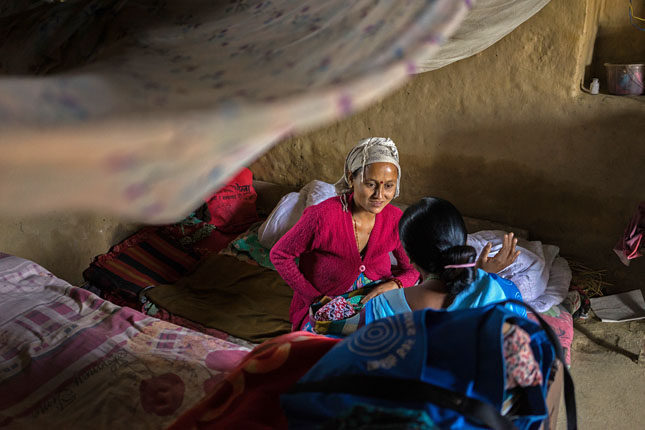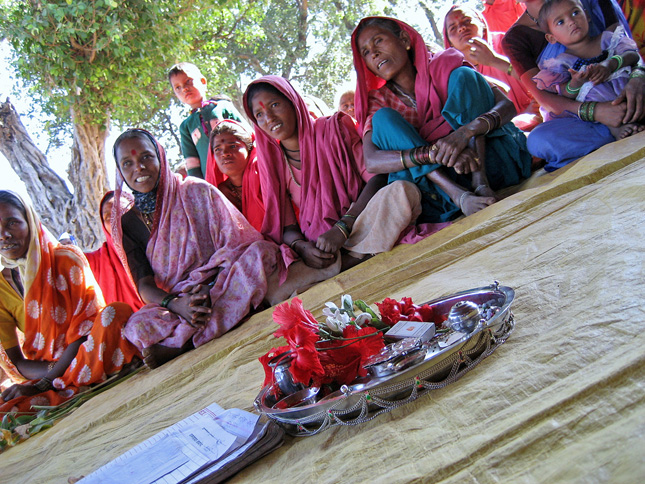-
Priyali Sur, Foreign Policy
South Asian Environmental Migrants Pushed to Back of Line in Refugee Flood
›November 26, 2015 // By Wilson Center Staff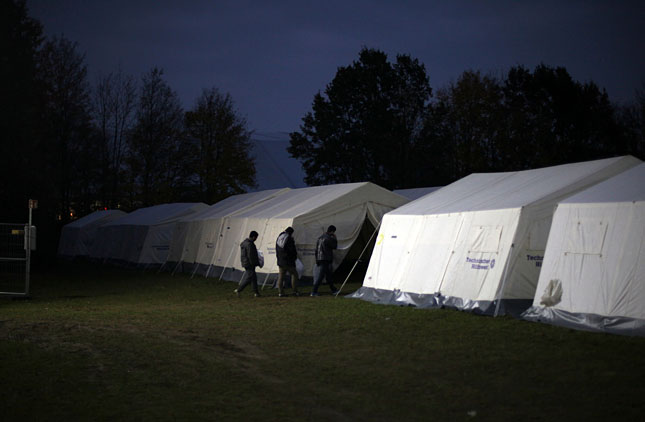
The dark eyes and hair of the Pakistanis, Bangladeshis, and Afghans almost blend with the other migrants’. The brown skin tones are also not giveaways, but ask them where they come from, and you notice the hesitation – trying hard to blend into the crowd of Syrian migrants at Europe’s border crossings, afraid of being spotted and sent back.
-
A River Runs Again: Reporting on India’s Natural Crisis
›
The world’s second most populous country – projected to be first by 2022 – is developing faster than ever before, roiling the social, political, and environmental landscape. [Video Below]
-
Falling Costs, Rising Opportunities: Scaling Up Renewable Energy in the Developing World [Part Two]
›
“Clean energy has gone from being the ‘right thing to do’ in combating climate change, to being the most cost-effective option for many energy-insecure countries,” said Carrie Thompson, deputy director of the U.S. Agency for International Development’s Regional Development Mission for Asia, during a day-long conference on renewable energy at the Wilson Center on October 27 (read part one of our coverage here).
-
Lisa Palmer, Yale Environment 360
Will Indonesian Fires Spark Reform of Rogue Forest Sector?
›November 11, 2015 // By Wilson Center Staff
The fires that blazed in Indonesia’s rainforests in 1982 and 1983 came as a shock. The logging industry had embarked on a decades-long pillaging of the country’s woodlands, opening up the canopy and drying out the carbon-rich peat soils. Preceded by an unusually long El Niño-related dry season, the forest fires lasted for months, sending vast clouds of smoke across Southeast Asia.
-
The Renewable Energy Era Has Already Started
›
The world has entered a new energy era. Last year, for the first time in four decades, the global economy grew without an increase in CO2 emissions, according to the Renewable Energy Policy Network for the 21st Century.
-
A Little Bit of Sugar Helps the Pill Go Down: Resilience, Peace, and Family Planning
›October 26, 2015 // By Roger-Mark De Souza
A recent article by Malcolm Potts, Aafreen Mahmood, and Alisha Graves of the University of California Berkeley’s OASIS Initiative notes that family planning has an important role to play in building peace by increasing women’s empowerment and their agency. “The pill is mightier than the sword,” as they put it.
-
In India, Lower Castes and Tribals Being Left Behind in Maternal Health
›
Maternal mortality causes 56,000 deaths every year in India, accounting for 20 percent of maternal deaths around the world. Women who are born into the lower castes or are tribals – India’s indigenous groups – are especially likely to lack access to quality health care. Over 40 percent of these women also belong to the lowest wealth quintile.
-
Iatrogenic Fistula on the Rise as More Women Gain Access to Surgery
›
Obstetric fistula is a devastating childbirth injury caused by prolonged obstructed labor. It can lead to incontinence and infection, social stigmatization as others recoil in horror, and even mental illness. Between 50,000 to 100,000 women each year are affected by it – and it’s entirely preventable with proper medical attention.
Showing posts from category South Asia.


